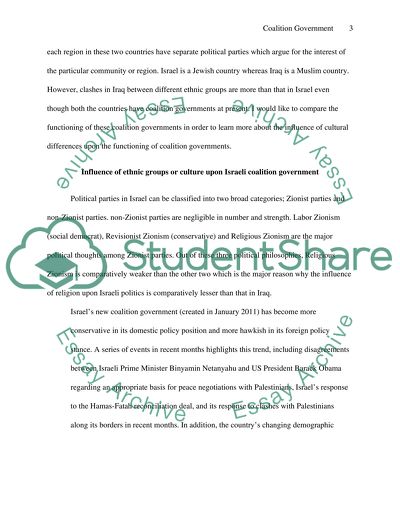Cite this document
(“Comparison of Israeli and Iraqi Coalition Parliamentary Governments Research Paper”, n.d.)
Retrieved from https://studentshare.org/history/1437787-comparison-of-israeli-and-iraqi-coalition
Retrieved from https://studentshare.org/history/1437787-comparison-of-israeli-and-iraqi-coalition
(Comparison of Israeli and Iraqi Coalition Parliamentary Governments Research Paper)
https://studentshare.org/history/1437787-comparison-of-israeli-and-iraqi-coalition.
https://studentshare.org/history/1437787-comparison-of-israeli-and-iraqi-coalition.
“Comparison of Israeli and Iraqi Coalition Parliamentary Governments Research Paper”, n.d. https://studentshare.org/history/1437787-comparison-of-israeli-and-iraqi-coalition.


